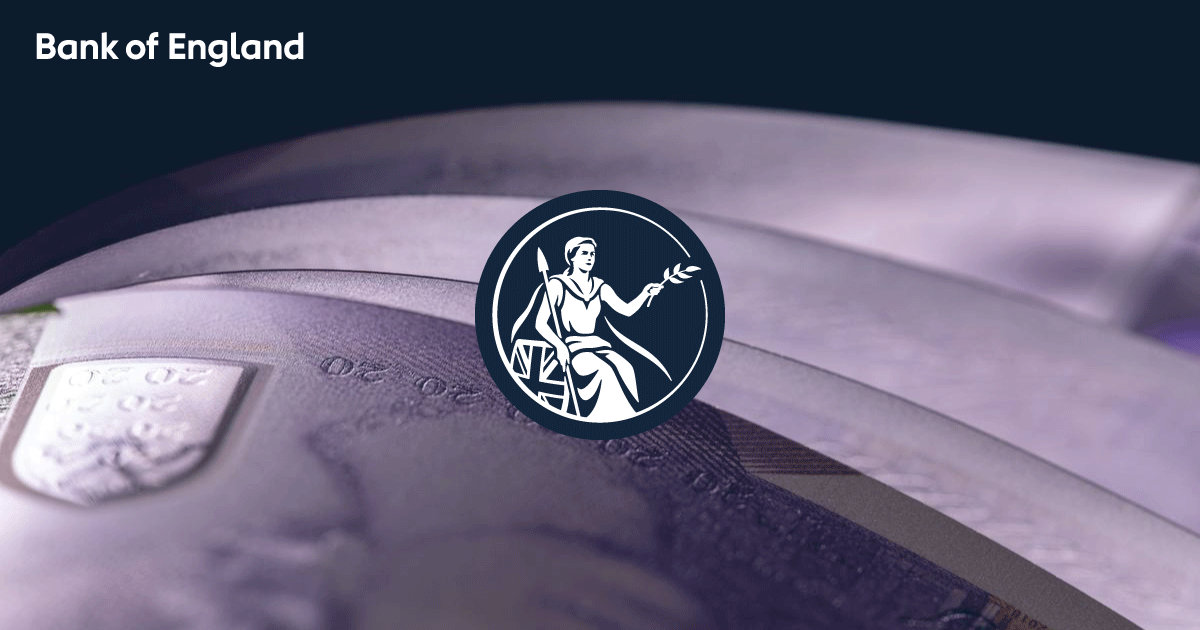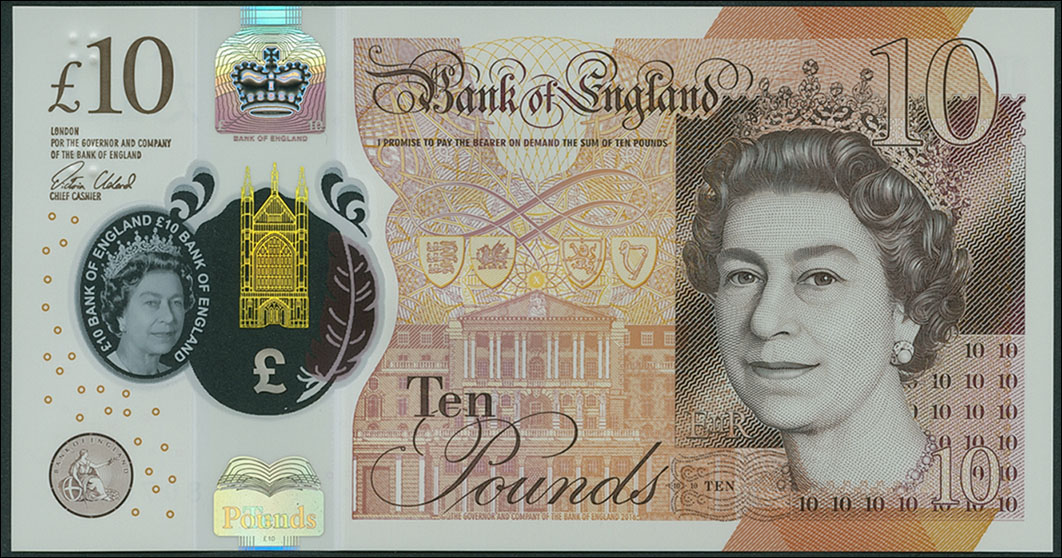Once upon a time, dollar bills in the USA were bearer certificates that could be redeemed for gold and silver. That all ended circa 1933 and the Federal Reserve changed the bills so that they no longer contained the "pay the bearer on demand" language.
I learned today that in the UK, GBP notes still contain a bearer certificate language:

 www.bankofengland.co.uk
www.bankofengland.co.uk
Not my work, but I thought it was funny:

I learned today that in the UK, GBP notes still contain a bearer certificate language:
...
What does the 'promise to pay' on bank notes mean?
The words ‘I promise to pay the bearer on demand the sum of five/ten/twenty/fifty pounds’ appear on all of our notes. This phrase dates from long ago when our notes represented deposits of gold. At that time, a member of the public could exchange one of our banknotes for gold of the same value. For example, a £5 note could be exchanged for five gold coins, called sovereigns.
However, the value of the pound has not been linked to gold for many years, so the meaning of the promise to pay has changed. You can no longer exchange banknotes for gold. You can only exchange them for other Bank of England banknotes of the same face value.
...
Banknote FAQs
Includes information about how to exchange withdrawn notes and checking for authenticity
Not my work, but I thought it was funny:


